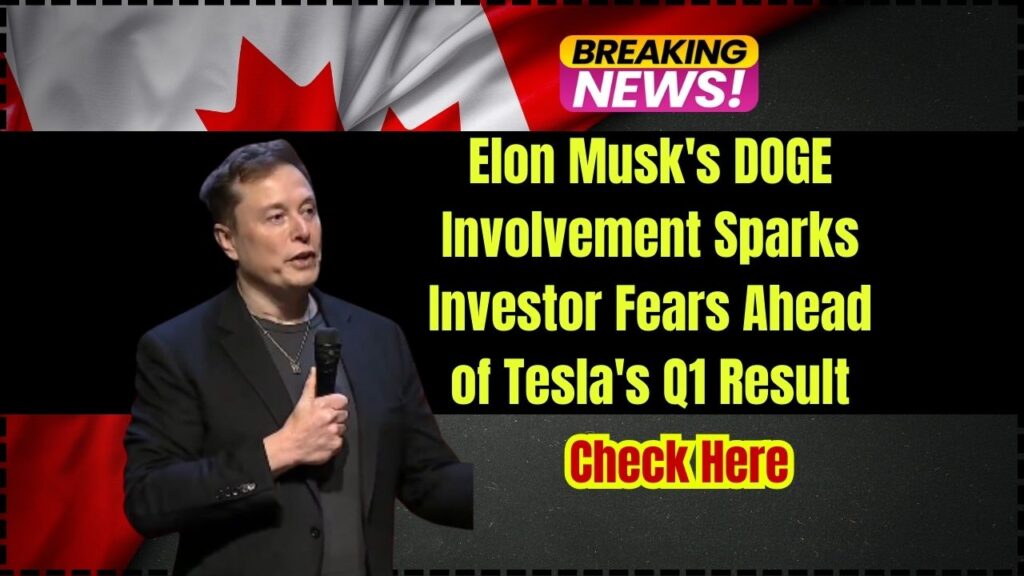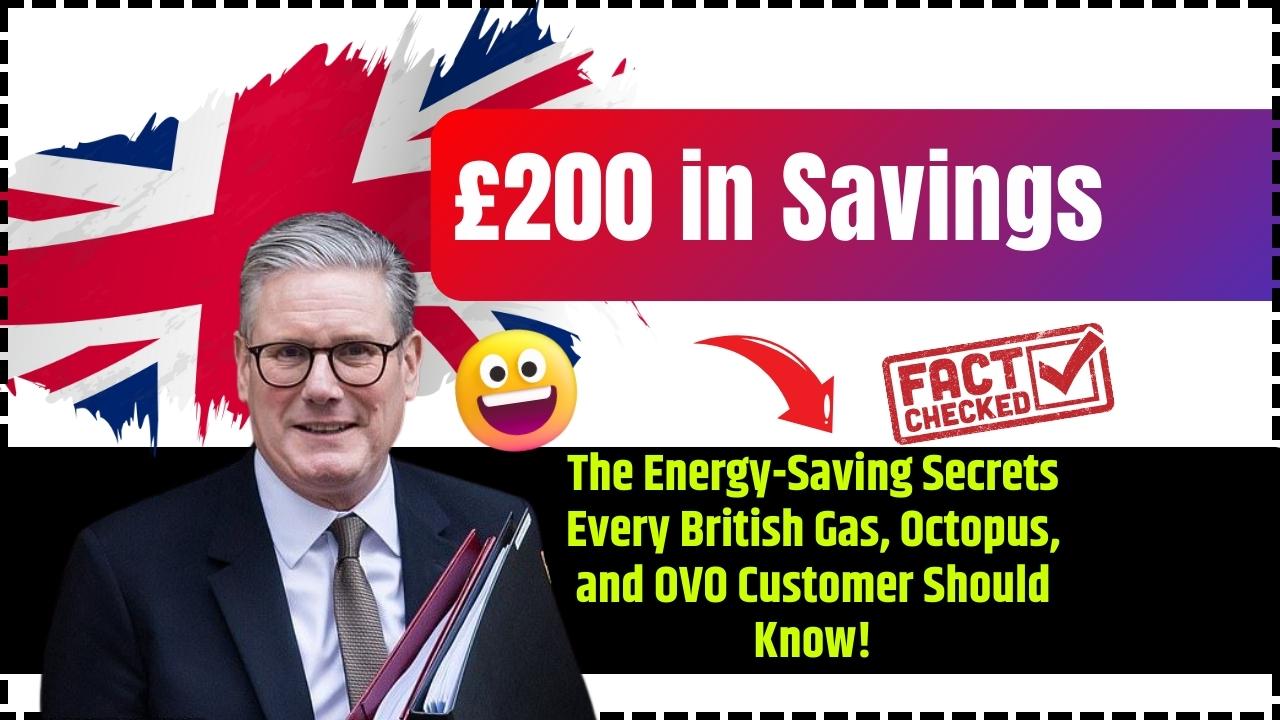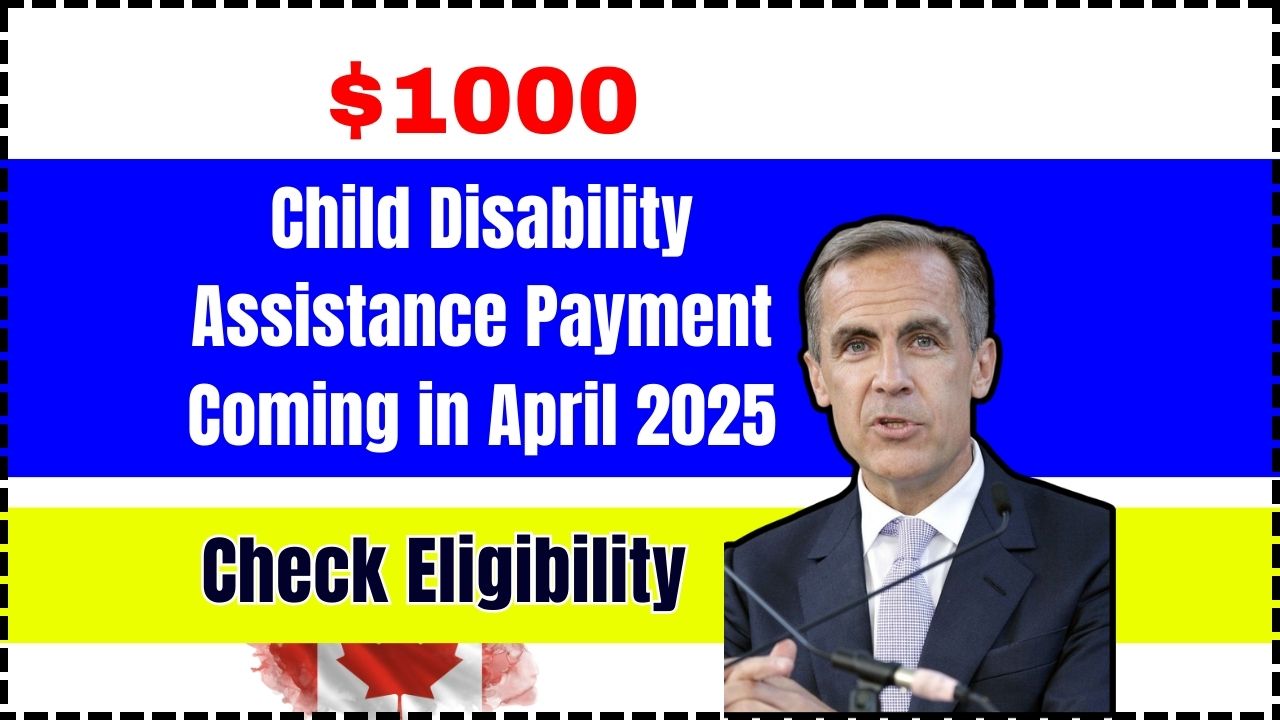
Elon Musk’s DOGE Involvement Sparks Investor Fears Ahead of Tesla’s Q1 Result: As Tesla gears up to release its Q1 2025 earnings report on April 22, the spotlight isn’t only on production numbers or revenue figures—it’s also squarely on CEO Elon Musk and his controversial role outside the company. Musk’s involvement with the U.S. Department of Government Efficiency (DOGE) has sparked fresh concerns from investors and market analysts, who worry his focus is shifting away from Tesla at a critical time. With vehicle deliveries dropping and Tesla’s stock taking a hit, many believe Musk’s engagement in federal affairs could be a distraction—costing the company its momentum, market share, and even long-term brand equity.
Elon Musk’s DOGE Involvement Sparks Investor Fears Ahead of Tesla’s Q1 Result
Elon Musk’s role at the Department of Government Efficiency is proving more controversial than initially anticipated. As Tesla faces weaker-than-expected Q1 results, shareholder unrest, and public protests, pressure is building for Musk to return full-time to the company he co-founded. Whether or not Musk steps down from DOGE, the implications for Tesla are serious. Investor confidence, brand loyalty, and innovation all hang in the balance. April 22’s earnings call could be a turning point for Tesla’s future—and for Musk’s legacy as a business leader.
| Topic | Details |
|---|---|
| Tesla Q1 2025 Earnings | Scheduled for April 22, 2025. Tesla Investor Relations |
| Q1 Vehicle Deliveries | 336,681 vehicles, down 13% YoY. |
| Stock Performance YTD | Tesla shares down nearly 40%. |
| Analyst Concerns | Potential 15–20% drop in consumer demand due to brand erosion. |
| Public Protests | Demonstrations at Tesla stores across U.S. |
| DOGE Exit Speculation | Rumors Musk may leave DOGE soon. |
| Market Response | Tesla stock surged 5% on reports Musk may quit DOGE. |
What Is DOGE and Why Elon Musk’s DOGE Involvement Sparks Investor Fears Ahead of Tesla’s Q1 Result?
The Department of Government Efficiency (DOGE) is a federal agency formed to overhaul inefficient bureaucracies, reduce taxpayer costs, and streamline public services. Musk was appointed its head in 2024 by a bipartisan panel impressed with his private-sector leadership.
However, since taking the role, DOGE has pushed sweeping reforms: slashing budgets, consolidating departments, and closing entire government offices. While praised in some circles for “trimming the fat,” critics argue that DOGE’s actions are overly aggressive and harmful to vulnerable communities.
The real controversy lies not in the department’s mission—but in its leadership. Many argue that Musk, the CEO of one of the world’s most valuable automakers and tech innovators, should not be leading federal reform while simultaneously steering Tesla, SpaceX, X (formerly Twitter), Neuralink, and other ventures.
Why Investors Are Worried About Tesla?
1. Falling Sales and Weak Demand
Tesla delivered 336,681 vehicles in Q1 2025—a 13% drop year-over-year and the lowest figure in nearly three years. Analysts at Morgan Stanley and Wedbush Securities called this a “canary in the coal mine” moment, indicating waning demand and heightened competition, especially in China and Europe.
Dan Ives, a senior analyst at Wedbush, warned that Musk’s government role could cause irreparable brand damage in key markets. “The Tesla brand has always been synonymous with Elon Musk. But if that brand is now tied to government cutbacks and controversial policies, we could see a 15–20% hit to consumer demand that doesn’t bounce back,” Ives said.
2. Stock in Decline
Tesla’s stock has fallen nearly 40% year-to-date. Although broader market volatility plays a role, investor confidence has clearly taken a hit. The dip became more pronounced after Musk took on his DOGE duties full-time in January.
Despite recent signs of recovery—spurred by rumors Musk may resign from DOGE—investors remain skeptical. Tesla’s stock briefly rebounded 5% in April on reports that President Trump is privately urging Musk to return his focus to Tesla.
Public Backlash and the ‘Tesla Takedown’ Protests
Consumer sentiment has begun shifting too. Several grassroots movements—like the so-called Tesla Takedown—have launched protests outside Tesla showrooms in cities like New York, Chicago, and San Francisco.
Protesters argue that Tesla’s innovation is being overshadowed by political drama and that Musk’s DOGE policies are antithetical to Tesla’s progressive image, especially in areas like sustainability, environmental stewardship, and equitable access to technology.
This identity crisis could hurt Tesla’s appeal among younger, climate-conscious buyers—the very market segment it has long dominated.
Could Musk Resign From DOGE?
Here’s the big question: Will Musk step down from DOGE to prioritize Tesla?
According to multiple media reports, including Economic Times, President Trump and senior White House officials are encouraging Musk to relinquish his DOGE role, citing growing investor unease. Trump himself is reportedly concerned about Musk’s split focus ahead of the 2026 presidential race.
So far, Musk has not confirmed any exit plans. But the stock market clearly likes the idea. The moment DOGE exit rumors surfaced, Tesla shares surged by 5%, a signal that Wall Street wants Musk back at the Tesla helm—full-time.
Expert Take: What Should Investors Do?
From a professional investment standpoint, it’s important to assess not just Musk’s attention span, but the fundamentals behind Tesla’s business:
- Growth Potential: Tesla still leads in EV infrastructure and battery technology, but rivals like BYD and Ford are catching up.
- Leadership Stability: Musk stepping away from DOGE could stabilize the company, but uncertainty remains.
- Valuation: With shares down 40%, some see this as a buying opportunity—others call it a warning.
Financial advisors generally recommend watching the Q1 earnings closely. Look beyond the headlines and dig into profit margins, cost controls, and forward guidance from the Tesla executive team.
Practical Tips for Tesla Investors
1. Watch the April 22 Earnings Call
Tesla’s Q1 earnings will be released after market close on April 22.
2. Track Musk’s Public Statements
Musk often breaks news via X (formerly Twitter). Pay close attention to any announcements regarding DOGE or new Tesla initiatives.
3. Diversify Your Portfolio
Even if you’re bullish on Tesla, no single stock should dominate your portfolio. Diversification reduces risk.
4. Monitor Regulatory Risks
Tesla’s business depends heavily on tax incentives, environmental regulations, and global trade conditions—all of which can shift quickly, especially with Musk now influencing policy from the inside.
Trump’s Senior Fairness Act Promises $3,455 Social Security Boost – Check Your Eligibility!
Donald Trump Fires Back at China’s Tariff Strike; What He Just Announced Could Change Everything
IRS Can’t Keep Up: DOGE-Induced Layoffs Cause Tax Processing Backlog
Frequently Asked Questions (FAQs)
Q1: What is DOGE, and why is Elon Musk involved?
DOGE stands for the Department of Government Efficiency, a U.S. federal agency. Musk was appointed to lead it in 2024 to apply private-sector efficiency principles to public administration.
Q2: How has Tesla performed in Q1 2025?
Tesla delivered 336,681 vehicles, down 13% from Q1 2024. It’s the company’s weakest quarter in nearly three years.
Q3: Has Elon Musk said he will resign from DOGE?
There is no official statement, but multiple sources report that internal discussions are underway about a potential exit, possibly by mid-2025.
Q4: Why are investors concerned?
Musk’s divided focus could hinder Tesla’s strategic execution, damage brand equity, and slow innovation—all critical factors in a highly competitive EV market.
Q5: Is Tesla stock still a good investment?
That depends on your risk tolerance and time horizon. While Tesla remains a leader in EVs, leadership uncertainty and competitive pressure raise short-term risks.






